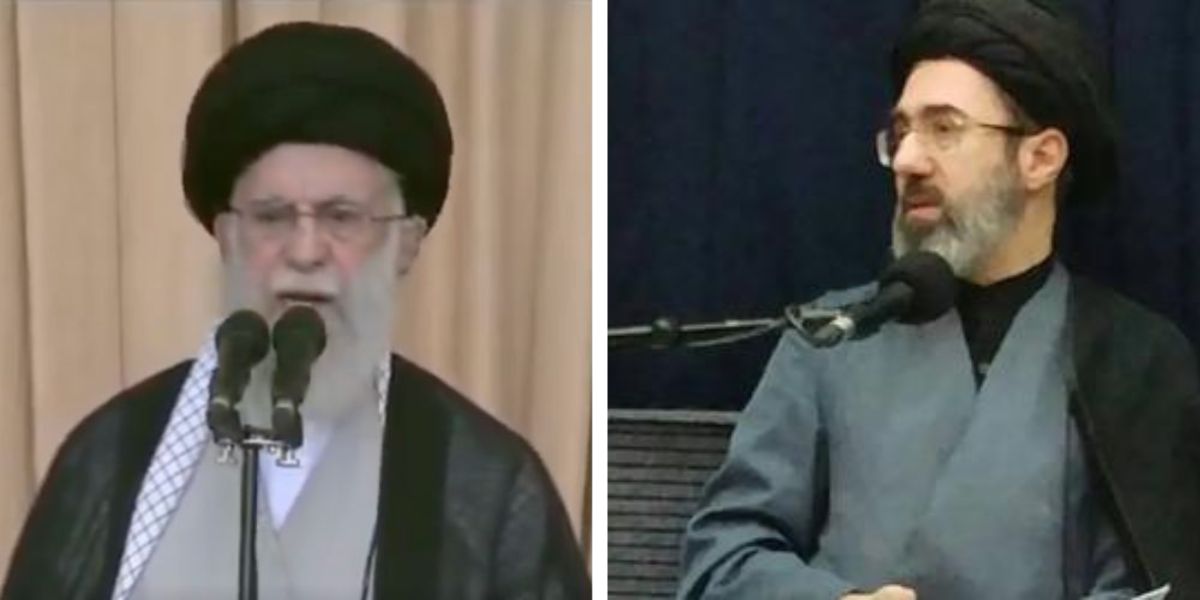Samuel Huntington's Who Are We? The Challenge to America's National Identity barely hit the bookstores when it began to generate immense, often vitriolic, attention. In academic-speak, it is a "controversial" book-that is, it tells unembellished truths on countless taboo topics guaranteed to offend sensitive souls.
Who Are We? stridently defends an Anglo-Protestant, English-speaking, law-abiding, god-fearing, moralistic work-oriented culture in which a limited government deeply respects individual rights. It similarly stands up for what Huntington labels "The Creed"-the principles of liberty, equality, individualism, representative government, and private property. Both are, in his view, integral to our collective identity and together are, alas, under assault by a bevy of burgeoning forces ranging from multinational corporative executives bemoaning national boarders as commercial nuisances to media moguls who genuinely despise WASP culture-not to mention academics preaching a cultural relativism that rejects patriotism as "dangerous."
Huntington's arguments are not nativist polemics dressed up with copious data and erudite footnotes, though some critics will insist otherwise. Things are far more complicated. The book is an accessible though ultimately frustrating read, and will certainly spawn multiple conflicting interpretations, even among sympathizers. Documentation can be overwhelming. Key points often appear entirely as quotations, and while certain arguments are beaten to death with hard data, other equally central positions are merely asserted. Core concepts are often nonchalantly defined and fuzzy.
Still, exasperations aside, the book's thesis is absolutely compelling and worth honest discussion though few will embrace everything. Let me recount a few especially compelling arguments.
First, envisioning America as "a nation of immigrants" in which our culture comprises little more than a shifting average of those fresh off the boat is a grievous error. Settlers-the Pilgrims-who brought their distinctive WASP culture created America, and while each immigrant wave added distinctive touches (the German kindergarten, for example), these fresh arrivals largely absorbed this pre-existing foundational culture and creed. To assert that current immigrants enjoy an uncontested right to alter our self-definition is utterly wrong, even if they ultimately form a numerical majority. To repeat, the settler and immigrant distinction is critical-values are not all equal as societal building blocks.
Second, Huntington further argues that America is inescapably a religious Christian nation, and this is believed gospel, not perfunctory church attendance. Protestant (now vaguely called "Christian") values reside in our national DNA, and these beliefs count save among certain elites construing a belief in Jesus as a dumb naivet???? ©. Today's secularist attack has nothing to do with restoring some make-believe "high wall" separating government and church; it has everything to do with subverting national character.
Particularly fascinating is Huntington's account of the continuous and often immense struggle to keep America America. Powerful lessons exist here that are seemingly being ignored in today's "inclusiveness" fetish. Patriotism is surprisingly fragile and has waxed and waned; it took several decades before "the United States are. . ." was replaced by "The United States is. . ." Enemies may bring us all together, but only momentarily.
A cohesive national identity hardly emerges spontaneously. Post-Civil War Union veteran groups reached out to former enemies. The late 19th Century immigration onslaught instigated a truly immense Americanization effort. Private employers, labor unions, religious organizations and countless charities all worked overtime to impart English and love of country. This is in sharp contrast to today's infatuation with multi-cultural textbooks scolding the U.S., imposed bilingualism and all else guaranteed to bring a kinder, more gentler Balkanization.
Who Are We? provides a brilliant analysis though predictably short on prescriptions beyond the obvious-we should reinvigorate Americanization before it is too late (and this may be happening if the current surge in religiosity is a harbinger of things to come).
It is also a practical book. In emergencies America's defenders can always play it safe with, "But it is a distinguished Harvard professor-not me-who said these terrible things." For that we should be forever thankful in these PC-ridden days.





